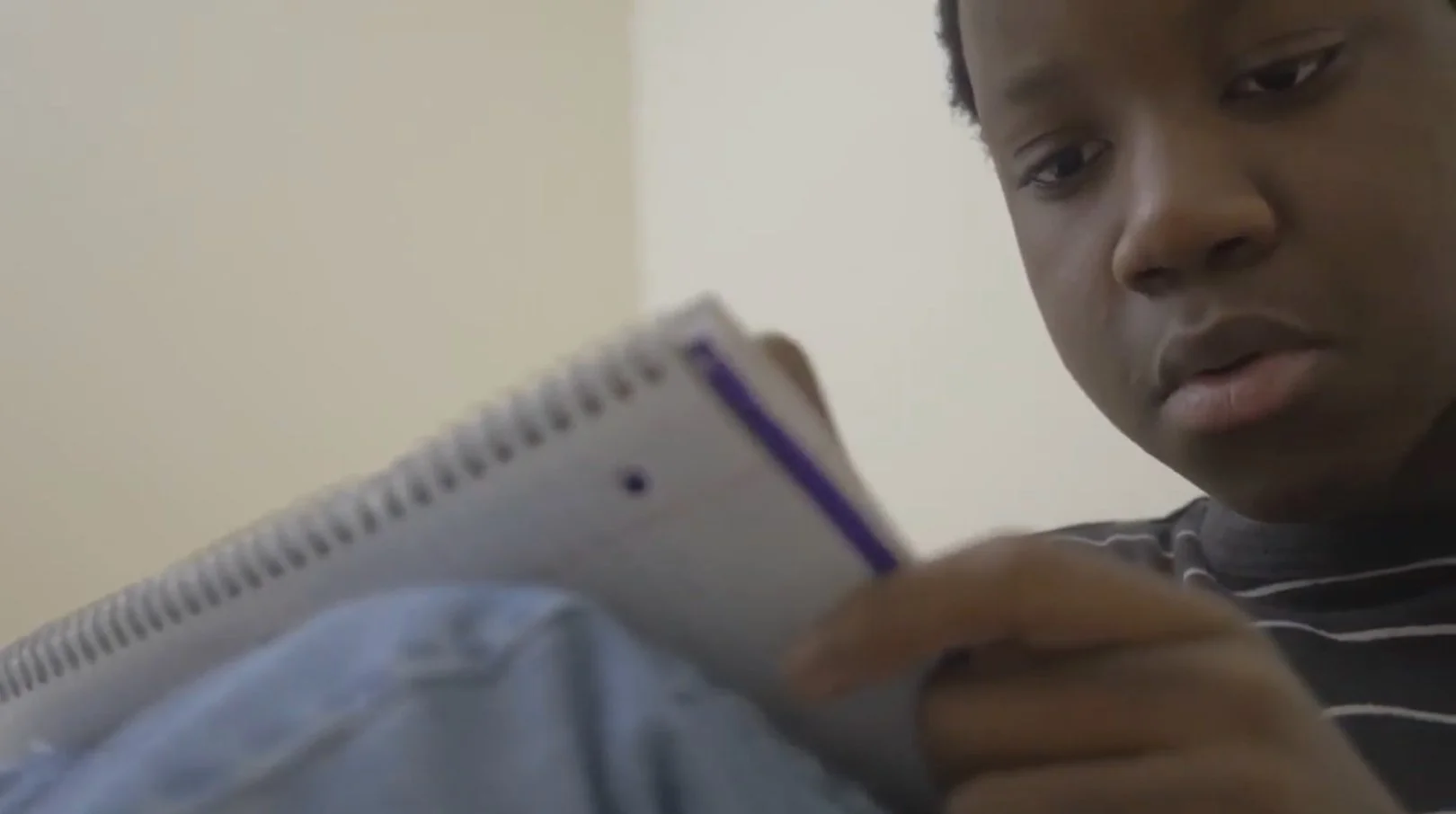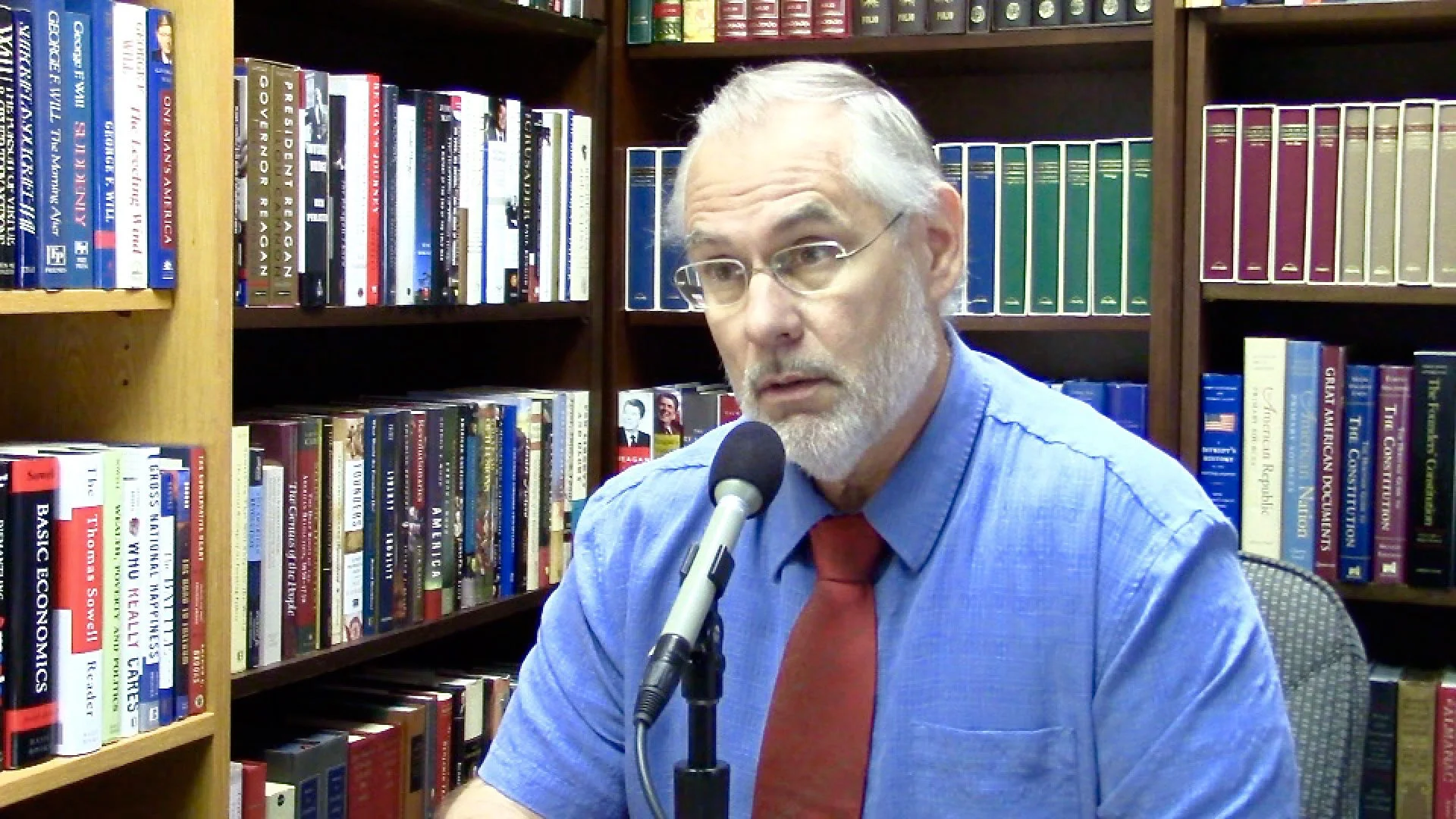OPINION: Critics rely on legal tricks to attack Opportunity Scholarships
By Mitch Kokai, Carolina Journal
Opponents of North Carolina’s Opportunity Scholarships are playing legal games in order to get a second shot at destroying the scholarship program.
That’s the essence of an important argument put forward in the case. That argument comes from lawyers with the Institute for Justice. They represent three families who use Opportunity Scholarships. Those families want to save the scholarships from legal attack.
“[T]his lawsuit’s impact is tremendous,” according to a motion filed on behalf of the families. “At stake is the schooling of children across the state. Since its inception in 2014, the Program has enabled thousands of students from low-income families to attend the school of their families’ choice.”
The lawsuit referenced in the quote above started in July 2020. Tamika Walker Kelly, head of North Carolina’s chapter of the National Education Association teachers union, serves as lead plaintiff. Kelly, fellow plaintiffs, and the union all want to kill off the scholarship program. It helps families cover much of the cost of sending their children to private schools of their choice.
The N.C. Supreme Court ruled in 2015 that the Opportunity Scholarship Program complies with the state constitution. But that ruling was based on a 4-3 vote, and just one of the justices in the original majority remains on the state’s highest court. (Two dissenting justices remain from the 2015 court.)
Here’s where the legal shenanigans come into play.
The original case decided in 2015 involved a type of constitutional challenge known as a “facial” challenge. Under arguments put forward by plaintiffs in that case, the Opportunity Scholarship law was unconstitutional “on its face,” meaning that it could not survive a legal challenge under any circumstances.
Courts rejected that argument.
Five years later, Kelly and her union colleagues launched a second lawsuit. This time scholarship critics put forward a different argument. Rather than saying the scholarship law fails on its face, they’re attacking the program as it has operated over roughly a half dozen years. They filed what’s called an “as-applied” challenge.
Using that strategy, a single trial court judge could strike down Opportunity Scholarships throughout the state. If the suit proceeded as a “facial” challenge, in contrast, the case would require a three-judge panel for its initial trial. The chief justice of the N.C. Supreme Court would appoint that panel, with judges representing eastern and western parts of the state, along with a presiding judge from Wake County.
That’s the course families working with the Institute for Justice want.
“Plaintiffs have not disclaimed that they allege the entire Opportunity Scholarship Program is unconstitutional, even while they assert that their claims are ‘as applied,’” according to the families’ motion in the N.C. Court of Appeals. “If the Program were to be dismantled through this lawsuit, the result would be disruption to approximately 16,000 students’ education and social circumstances or significant financial strain on their families.”
The number is actually even higher. More than 19,000 students use Opportunity Scholarships now. Numbers are expected to grow because of recent changes in eligibility requirements.
Opponents are seeking an injunction that would shut the program down completely.
“Indeed, for the many families that rely on Program scholarships to send their children to their current schools, enjoining the Program would mean sending their children to the very schools that the parents determined were not best meeting their children’s scholastic, social, developmental, or emotional needs,” according to the Appeals Court motion.
If Kelly and her fellow plaintiffs were truly pursuing an as-applied constitutional challenge, they would not seek to kill Opportunity Scholarships, said Ari Bargil, an IJ attorney.
“The plaintiffs have tried to frame their case as being an ‘as-applied’ challenge, but we know that it’s not because of the way that they’ve asked for relief from the court,” Bargil said. “In a nutshell, what they’ve asked for is the wholesale cessation of the Opportunity Scholarship Program for everybody in North Carolina — all participants and all potential participants.”
“That’s what actually makes it a facial challenge, rather than as-applied,” Bargil said. “These are sort of the games that lawyers play in order to try to get the outcomes that they want. But ultimately, at the end of the day, when what you’re trying to do is to bring down an entire system within the state, it’s near impossible to style that as a challenge that’s laser-focused on just one or two individual people.”
The Appeals Court has asked parties in the case to submit additional arguments this month. At some later point, the court will decide whether the case should head next to a three-judge panel or back to a single judge.
Meanwhile, thousands of N.C. families can only hope that legal games won’t end up blocking their access to Opportunity Scholarships. Their children’s futures are at stake.



